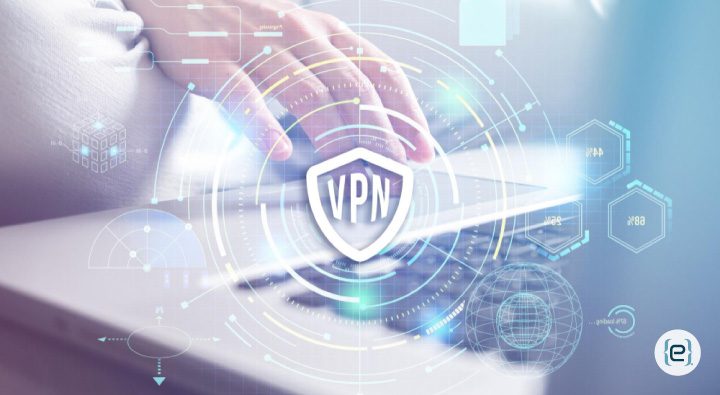Cyber Threats are increasingly common and increasingly sophisticated, so securing communication over public networks is not just an option — it’s a necessity. Virtual Private Networks (VPNs) have become essential tools for protecting your identity and data online, providing secure access to corporate or personal sites. Among the various VPN protocols, IKEv2 stands out for its performance and reliability.
What is IKEv2?
IKEv2 is a VPN protocol that initiates an encrypted, secure connection between two devices (usually a client and a server) over the internet. Derived from the original Internet Key Exchange (IKE) and part of the IPsec (Internet Protocol Security) suite, IKEv2 enhances security, speed, and stability, making it a popular choice for modern VPN applications.
IPsec with IKEv2 encrypts transmitted data, while IKEv2 negotiates security methods, identification, and authentication between two peers. Here’s a simplified overview of how IKEv2 functions:
- Negotiation Phase (IKE SA): IKEv2 creates a secure channel between the client and the VPN server, known as the IKE Security Association (IKE SA). During this initial phase, both parties agree on algorithms and encryption protocols, and authentication occurs using methods like PSK or certificates.
- Key Exchange: Once authenticated, IKEv2 establishes cryptographically secured keys to encrypt and decrypt traffic. It generates shared encryption keys via the Diffie-Hellman key exchange, which is used to encrypt data in IPsec tunnels.
- Connecting: IKEv2 maintains the connection and re-establishes the VPN connection automatically if the network is lost (e.g., switching from mobile to Wi-Fi).
IKEv2 is one of the strongest VPN protocols, offering several features that make it secure, performant, and flexible:
- MOBIKE Support: IKEv2’s MOBIKE support allows the VPN connection to remain stable when the client device switches networks (e.g., from Wi-Fi to mobile data). This feature makes IKEv2 ideal for mobile users who need a reliable VPN experience.
- Robust Security and Encryption: IKEv2/IPsec uses advanced encryption algorithms like AES and strong hashing functions like SHA-256. It also supports Perfect Forward Secrecy (PFS), ensuring that each new VPN connection is encrypted with a unique key, protecting against man-in-the-middle attacks and data interception.

- Quick Connect and Reconnect Speeds: IKEv2 is known for ease of establishment and quick reconnection capabilities, making it perfect for real-time communication apps, gaming, and video streaming.
- Efficient Bandwidth Usage: IKEv2 is optimized for bandwidth, making it up to 50% more efficient than other protocols. This is especially important for users on limited mobile data plans.
- Fault and Network Change Resilience, NAT Traversal: IKEv2 includes automatic NAT traversal, allowing for a seamless experience even when working behind a NAT device. It performs well under variable network conditions, making it suitable for use in different environments.
IKEv2 vs. Other VPN Protocols
IKEv2 is often compared to other popular VPN protocols like OpenVPN and L2TP/IPsec. While each protocol has its benefits, IKEv2 stands out in several areas:
- Performance: IKEv2 is faster than OpenVPN and L2TP/IPsec due to its simple design and high-speed encryption features.
- MOBIKE Support: IKEv2’s MOBIKE support ensures that the VPN connection remains stable even if IP addresses change or the data exchange path shifts.
- Security: IKEv2 provides robust security with advanced encryption standards like AES-256 and supports Perfect Forward Secrecy (PFS).
- Ease of Configuration: IKEv2 can be easier to set up than OpenVPN, requiring less tweaking and third-party software.
Knowledgeable professionals from eMazzanti can help you implement and maintain IKEv2 and other VPN protocols, in addition to a wide range of digital solutions







